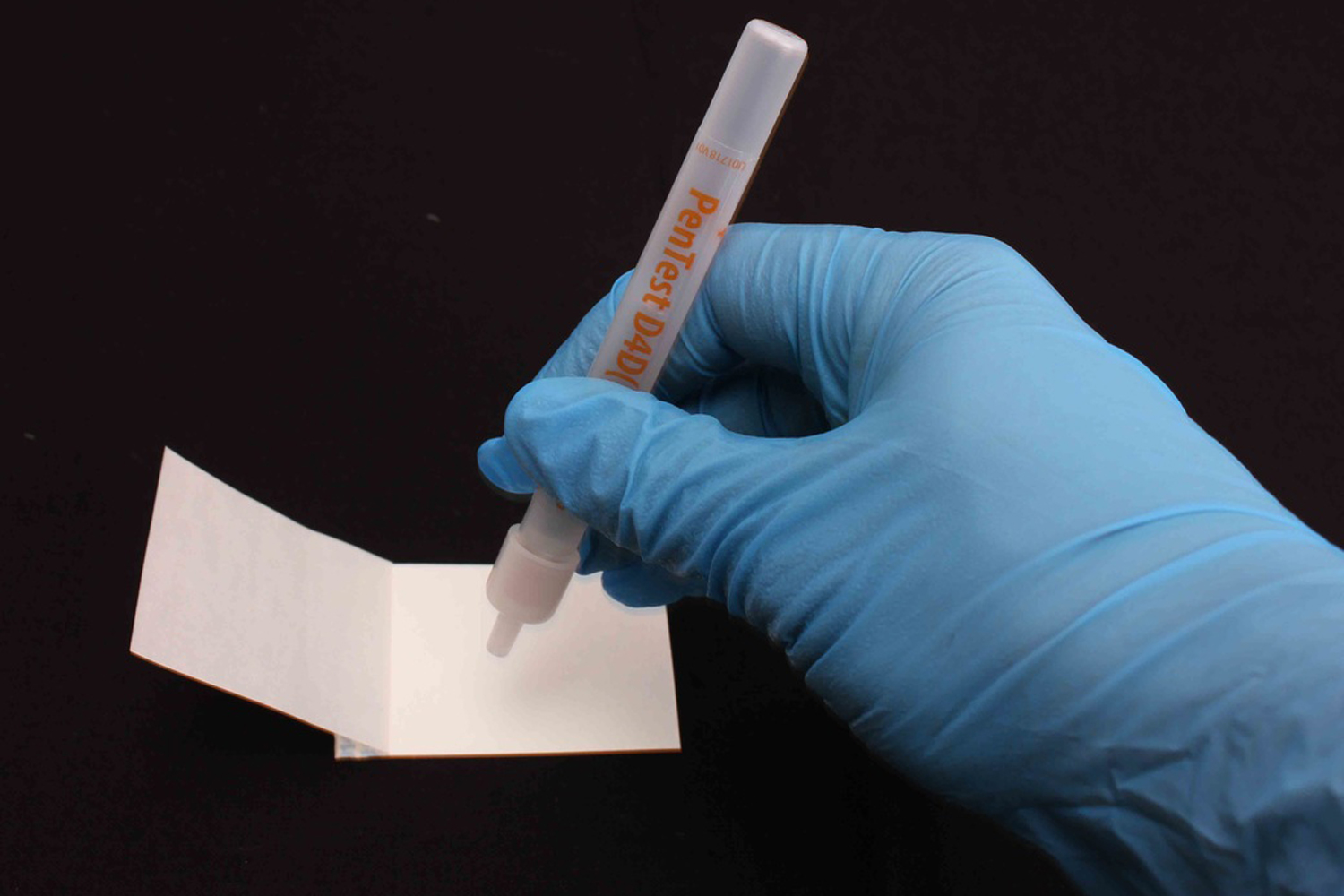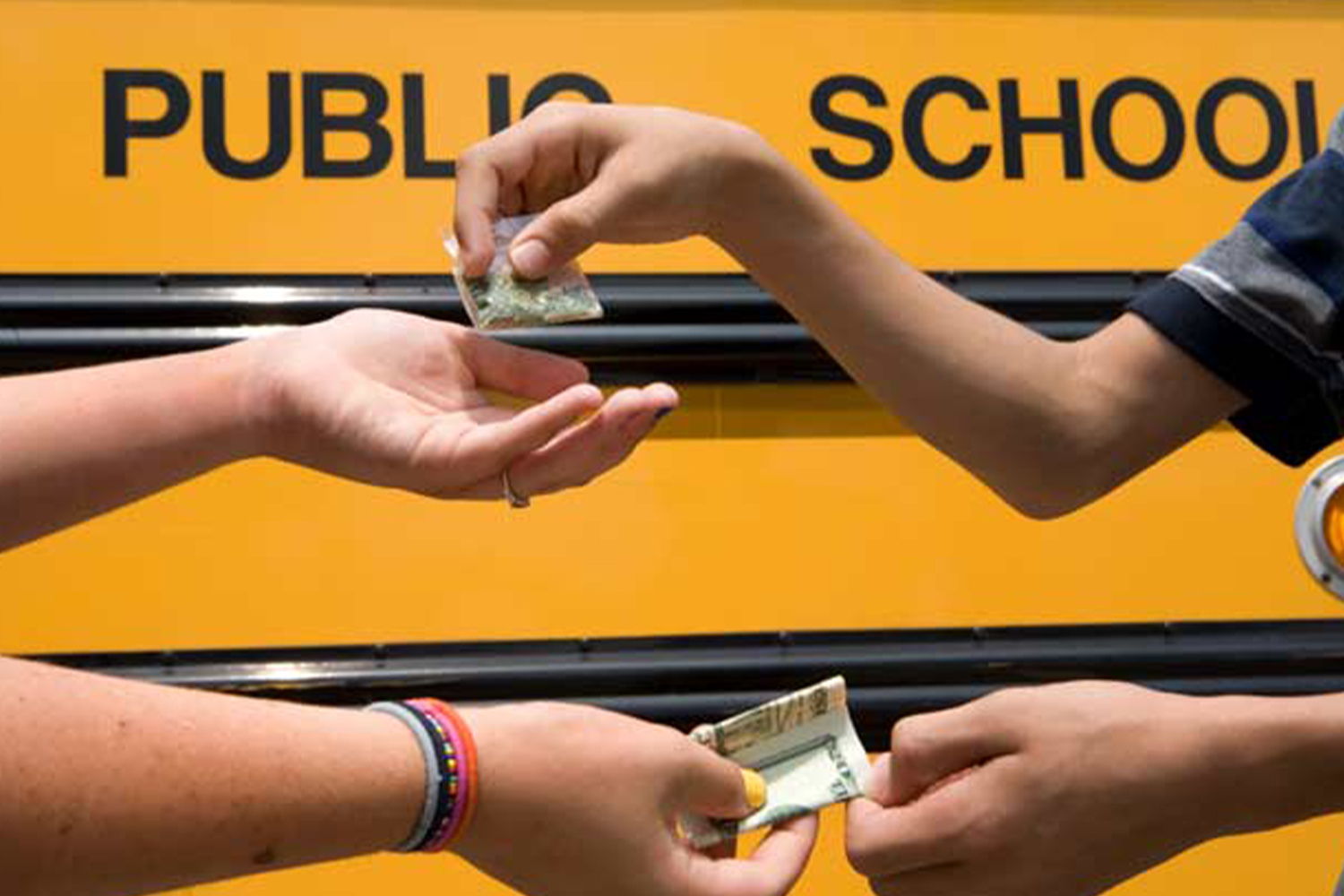6 September 2016 – Author: Kathryn Powley – Source: Herald Sun
HOMEOWNERS and landlords of ice-contaminated properties are being let off the hook — while others are being made to fork out tens of thousands to make them liveable again.
A Herald Sun investigation has found inconsistencies across councils, with some allowing former drug lab homes to be lived in — and sold — without them first being checked for safety.
Documents obtained under the Freedom of Information Act show police found two drug labs in Casey City Council area, and councils staff sent letters to the owners but “no further action” was required.
Ice manufacture causes chemicals to settle on and seep unseen into surfaces and belongings.
Long after the drug equipment has gone, residents who may be oblivious to the home’s history, can suffer respiratory, skin and sleep problems, with children worst affected.
Victorian Health Department guidelines deem residual drug lab contamination a “serious health risk” and “nuisance” which councils have a duty to remedy.
The guidelines tell councils to make sure properties are tested to check contamination is at a safe level before occupation.
In the first Casey meth lab house, staff said it was “owner occupied” which they took to mean an improvement notice “could not” be issued because there was “no public health risk”.
The second house’s owner was sent a letter seeking “voluntary remediation”.
Acting community safety manager Richard Maugueret said the council had “fulfilled its obligations” under the Public Health and Wellbeing Act 2008.
He said the council had determined there was no nuisance “beyond the land”, therefore, there was no ability to issue an improvement notice.
The council had advised the owners to undertake remediation works to the premises, Mr Maugueret said.
That contrasted with Melton’s stance where an occupational hygienist’s report on a methamphetamine decontamination listed tens of thousands of dollars of items that had to be dumped, including carpets, underlay, curtains, an oven, stovetop, rangehood, plasterboard walls, cupboards, benches, electrical fittings, extraction fans and filters, ducting, and ceiling insulation.
Public health scientist and methamphetamine contamination researcher Dr Jackie Wright said Victoria’s guidelines were clear, which made the inconsistent interpretations hard to understand.
“It is highly likely there are many known former clandestine drug laboratories that have not been assessed or remediated and pose a real health risk to families,” Dr Wright said.
The Sunday Herald Sun earlier revealed a six-year-old boy tested positive for the same levels of ice as an adult user after his parents bought a contaminated home.
The local council had not revealed police had found previously a drug lab on the property, nor had the council made sure the property was tested or cleaned.







